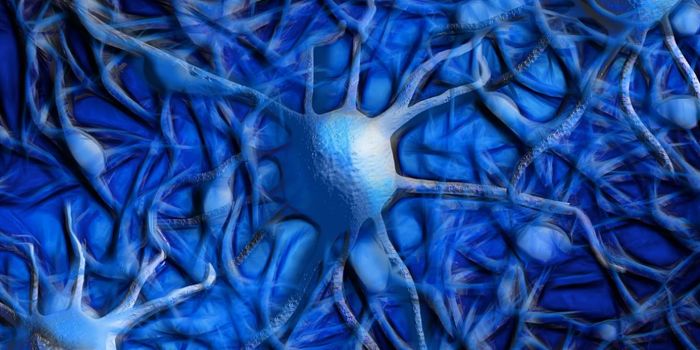What is it about our brain wiring that makes it easy to pick up a pen or remember the lyrics of a song, each at the appropriate moment? How do we figure out to do when such simple functions elude us?

The human brain evolved the way it did to "expedite the transfer of information from one brain region to another, enabling us to operate at peak capacity," according to a new study by Northeastern physicist Dmitri Krioukov and his colleagues. Published in Nature Communications and reported in Medical News Today, the study explains that the human brain has an almost ideal network of connections, enabling information to travel from the auditory cortex to the motor cortex and so on (http://www.medicalnewstoday.com/releases/296455.php).
According to Krioukov, an associate professor in the Department of Physics, "An optimal network in the brain would have the smallest number of connections possible, to minimize cost, and at the same time it would have maximum navigability--that is, the most direct pathways for routing signals from any possible source to any possible destination. It's a balance, and we have a new strategy to find the connections that achieve the sweet spot."
Krioukov and his co-authors used statistical analyses based on Nobel laureate John Nash's contributions to game theory to construct a map of an idealized brain network that optimized the transfer of information, compared the idealized map of the brain to a map of the brain's real network and asked the question "How close are the two?" They found that 89 percent of the connections in the idealized brain network showed up in the real brain network, meaning that "The brain was evolutionarily designed to be very, very close to what our algorithm shows," says Krioukov.
In an idealized model of a brain network, the typical links would be those required for normal brain function, according to Krioukov, who adds, "So we suspect that they are the primary candidates to look at if some disease develops--to see if they are dam-aged or broken." He believes that once such links are identified, "New drugs or surgical techniques might be developed to target them and repair, or circumvent, the damage. At the end of the day, what we are trying to do is to fix the diseased network so that it can resume its normal function," Krioukov concludes.
Two years ago, scientists at University College London found that brain organization, not overall size, offered the key evolutionary difference between primate brains and to what gives humans their intelligence. Those researchers investigated 17 species that span 40 million years of evolutionary time, finding changes in the relative size of specific brain regions, rather than changes in brain size, accounted for three-quarters of brain evolution over that time. The study was published in the Proceedings of the Royal Society B and reported in Live Science (http://www.livescience.com/28209-brain-organization-key-to-intelligence.html).









